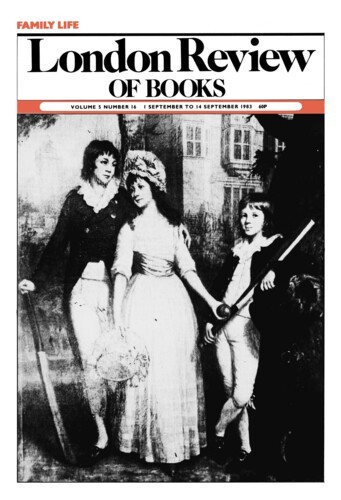1
The hawk carries his eye
out of swinging altitudes
higher than winter.
Above his locked feet,
hunched in wet feathers,
he rages in larches.
It is the snow brings him down.
Bland snow has covered
the rock of the precipice.
Is the hawk to hang
above so changed a world?
He knows the quiet architecture
of high places, the black
argument of granite,
but the snow’s in his eye
and he shrieks in temper.
I could use that harsh gaze
above the crested summit
of fluted snow, and the curved
stretches or ledges.
I could look down
between the grasp of my arms
on the still air
and see in the dark
the stars of dark farms
in the huddle of winter,
their byres shut to the night
and their eyes turned to the fire.
I could see the men
I might have become
turn out of their stiff clothes
to sleep the cold night, fatigued,
under heavy blankets
woven by their mothers.
I could see a man,
perturbed, hearing foxes bark,
move with his lantern
across the muffled yard
into his barn
where the spent chaff,
light, lighter than air,
will rise in his little flame,
climb in the small heat,
mostes, thin dust of old harvests,
until the man turns,
grumbling at he cold,
thumbs shut his latch
against the high snow
where the hawk is at watch.
2
Who comes out of these hills, these woods,
form the small white house in a hollow,
from the summer river between ferns?
who travels the rough lanes worn
by the stumbling dung-cart? They carry
among the bundled clutter of clothes and pans
and the rattle of what is portable
the whole of their lives. That one,
larky, long in the leg, red-bearded, he
will not come back. Already his grave
is marked, he will not see his grandchildren.
The young one, who knows the flight
of lark and pipit and holds their bald
nestlings within his hands, will fall apprentice
to a butcher. He will run screaming
from the slaughterhouse, his eyes full
of hacked red meat, the round cries
of animals will follow him all his roads.
He will walk through the dark lots,
through brutal labour in furnaces,
through human betrayal. His sisters
will curb their thin tongues, laugh bitterly
and in secret;endure. They will never
return. It is I who recall their ghosts
to the house lost under the hill, their
wavering dust so frail it does not stir
the powder of the roads. It is I
who people the lanes of homecoming
and build the fallen chimneys stone by stone
so the doused fires will carry the echoes
of old warmth, and the fields hear more
than the hawk’s voice, and the silence after.
Send Letters To:
The Editor
London Review of Books,
28 Little Russell Street
London, WC1A 2HN
letters@lrb.co.uk
Please include name, address, and a telephone number.

